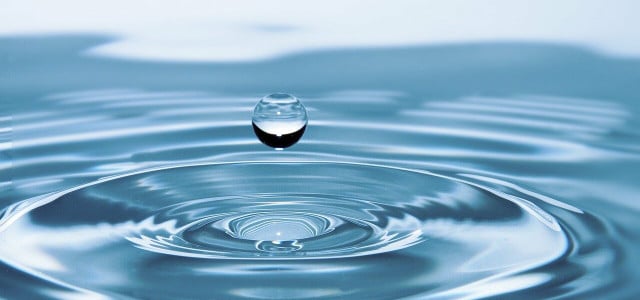Hard vs. soft water — what’s the difference? Luckily there are some easy ways to figure out which you have at home. We’ll cover this and the pros and cons of each.
Water contains many minerals. This varies from region to region and determines how soft or hard your water is. In a sampling study done nationally by USDA, the following minerals were found in water: sodium, calcium, potassium, magnesium, iron, copper, phosphorus, manganese, and zinc. Your consumption will vary based on how much tap water you drink.
While hard water does little harm to your body, it causes lots of harm in your home. Household appliances can be damaged or destroyed by high concentrations of these minerals. Clothes tend to wear out faster in hard water areas, and it may affect your water pressure.
This article will help you to determine if you have soft or hard water and what you can do to get the maximum benefit from your water. We’ll start by looking at the difference between hard vs. soft water.
What is Hard Water?
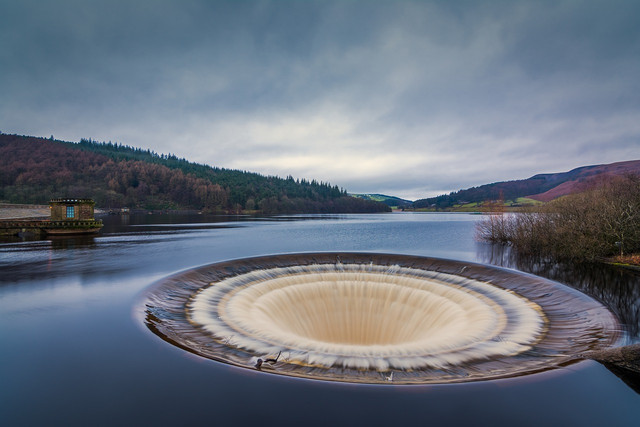
(Foto: CC0 / Pixabay / TimHill)
The hardness of water is determined mainly by the amount of calcium and magnesium. Higher levels of these minerals will result in harder water. Most local health departments check their water supply annually to ensure they don’t get too high. However, you may still have significant calcium build-up in your water supply that can lead to limescale and damage to your pipes.
Hard water tends to taste more refreshing, but some people may not notice any difference. Many people now consume bottled mineral water as they know what minerals it contains. There are no serious risks to drinking hard water, but it is beneficial to know if you have hard vs. soft water if you are taking vitamin supplements.
It may have health risks if you already consume high levels of mineral salt in your diet and get more from your water. It may also cause dry/dull skin and hair, affecting your skin’s PH balance. People with eczema may notice this sooner. Luckily, hard water can be softened by using a water softener, which many homes across the country already have installed.
What is Soft Water?
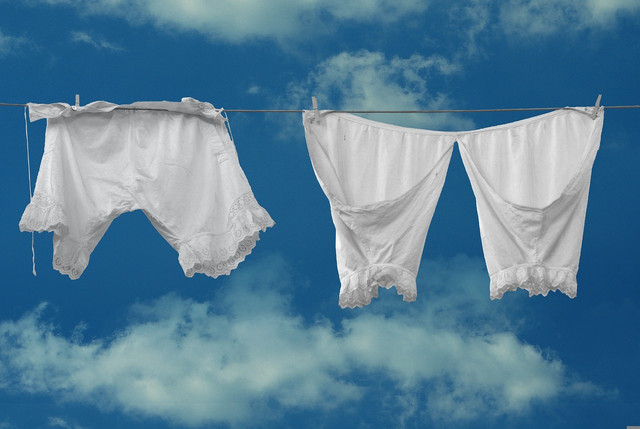


(Foto: CC0 / Pixabay / 192635)
Soft water is also determined by how many minerals it has, but soft water has lower concentrations than hard water. However, soft water can contain high levels of sodium.
Some people can notice the difference in taste, while others do not notice any difference. As the concentration of minerals is lower in soft water, you may not have any health effects. But as with everything in life, everyone is different, and it would be worth checking the concentration levels to ensure you are getting a safe amount.
Hard vs. Soft Water: Spotting the Difference
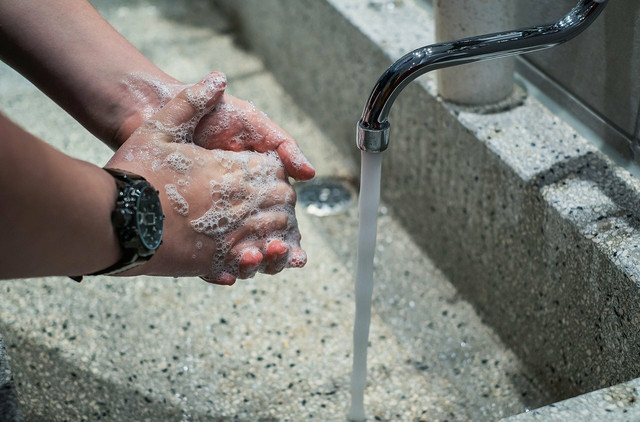


(Foto: CC0 / Pixabay / Couleur)
To determine hard vs. soft water, there are some signs to look out for.
Hard Water:
- Feeling a film on your hands after washing them. This is caused by the soap reacting with calcium to form soap scum. You may need to rinse your hands longer if the water is hard.
- Cutlery spots. These can appear on glasses and silverware coming out of the dishwasher. These are usually deposits of calcium carbonate.
- Mineral stains. These show up on clothes when they come out of the washing machine. Clothes can wear out faster because of the harshness of hard water.
- Less water pressure in your home. Mineral deposits can form in the pipes, essentially shrinking the interior diameter of the pipes and reducing water flow.
Soft Water:
- A healthy lather when washing clothes, dishes, and even your hands and body.
- Clothes that are cleaner, with no mineral stains and less wear-and-tear damage.
- High water pressure in your home. With less build-up, water comes out faster.
- A slight sodium taste in the drinking water. Though in many cases, a difference in taste is imperceptible.
Advantages and Disadvantages of Water Softening
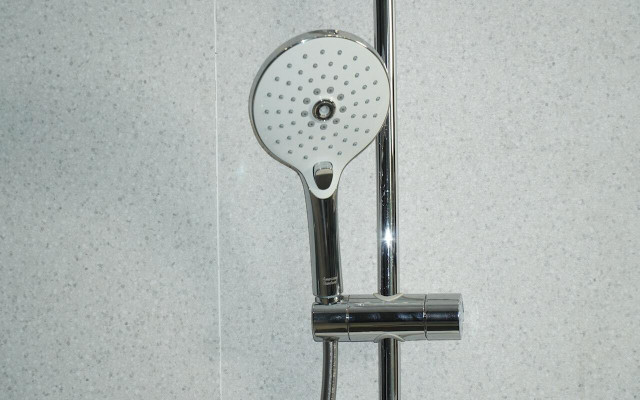


(Foto: CC0 Public Domain / Unsplash / Noithat rakhoi )
We usually assume soft water is better when we think about the difference between hard vs. soft water. But this is not always the case.
Advantages:
- Prevents the build-up of minerals (scale) on the inside of pipes, fixtures, and hot water heaters
- Lengthens the life of some appliances
- Reduces or prevents mineral spots on glassware
- Prevents or reduces soap films and detergent curds in sinks, bathtubs, and washing machines
Disadvantages:
- It can corrode your pipes. The corroded metal from the pipes can end up in your water. This can contribute to elevated lead and copper levels in drinking water.
- Potential health effects from additional sodium.
- Regular testing of the water and maintenance of the softener are necessary to ensure the softener is working correctly
- Adverse impacts to the environment from high salt use
- The water used to infuse the softener ends up as waste
As you can see, there are a few ways to tell the difference between hard vs. soft water but remember both have risks and benefits for you and your home. The decision to soften hard water should only be taken after you have checked your water to determine whether it is hard or soft water.
Read on:
- Tap Water vs. Bottled Water: Is Tap Water Safe To Drink?
- Water Conservation: 10 Tips on How to Save Water at Home
- The 10 Main Causes for Water Pollution
Important Information regarding Health-related Topics.
** Links to retailers marked with ** or underlined orange are partially partner links: If you buy here, you actively support Utopia.org, because we will receive a small part of the sales proceeds. More info.Do you like this post?






